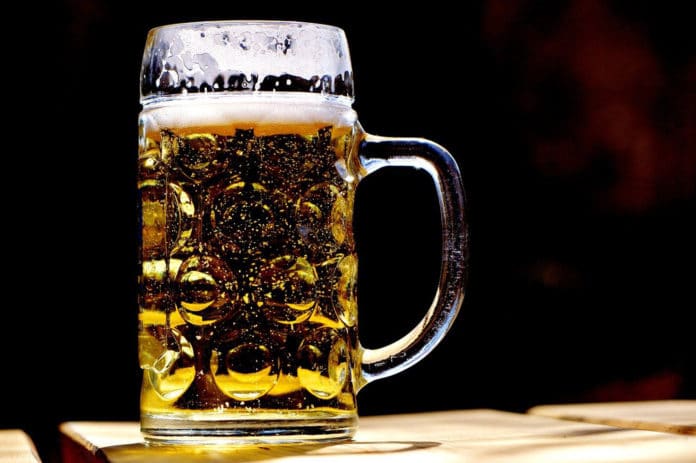The study observed associations between legal drugs such as Tobacco and alcohol and illegal drugs such as cannabis. It suggests that this association may be due to a shared underlying risk factor, such as trait impulsivity.
The study by the University of Bristol also suggests that the use of cannabis may also lead to smoking initiation, and opioid dependence could lead to increased alcohol consumption.
Dr. Zoe Reed, Senior Research Associate in the Tobacco and Alcohol Research Group (TARG) in Bristol’s School of Psychological Science and co-author of the paper, said: “Legal consumption of alcohol and Tobacco may directly increase the level of illicit drug use. However, the relationships are complex. Consuming one drug does appear to increase the consumption of another. Still, it may also be the case that people have underlying risk factors which increase their chances of consuming both alcohol and Tobacco and illicit drugs.”
The study suggests the possibility of bidirectional relationships between tobacco and cannabis use. However, given that tobacco and alcohol use usually begin before other drug use, it is also possible that there may be shared risk factors – possibly a common genetic predisposition to substance use – underlying these relationships. Further examination of these specific relationships is required to determine the exact mechanisms behind these possible gateway effects.
Hazel Cheeseman, Deputy Chief Executive of Action on Smoking and Health, commenting on the study’s implications, said: “Tobacco and alcohol cause tremendous harm to society, and these findings indicate that they may also increase the use of other drugs. Governments tend to take separate approaches to reduce the harm from legal and illegal drugs. Still, the long-promised Addictions Strategy provides an opportunity to look at the overlap between addictions and be more integrated.”
For this study, scientists used a statistical approach called Mendelian randomization. The approach uses genetics to support stronger conclusions about possible causal relationships between an exposure (a potential cause) and outcome (a potential effect) that is less likely to be affected by a ‘confounder’ (a third variable that affects both the exposure and the outcome).
Scientists used known genetic variants that predispose people to use Tobacco, alcohol, cannabis, cocaine, or opioids and then looked at whether there might be causal relationships between both Tobacco and alcohol and these illicit drugs. Using these genetic variants as a proxy for an exposure reduces problems of confounding and allows stronger conclusions about whether an exposure truly causes an outcome – in this case, whether the use of one substance leads to the use of another.
Journal Reference:
- Zoe E. Reed et al. Using Mendelian randomization to explore the gateway hypothesis: possible causal effects of smoking initiation and alcohol consumption on substance use outcomes. DOI: 10.1111/add.15673
